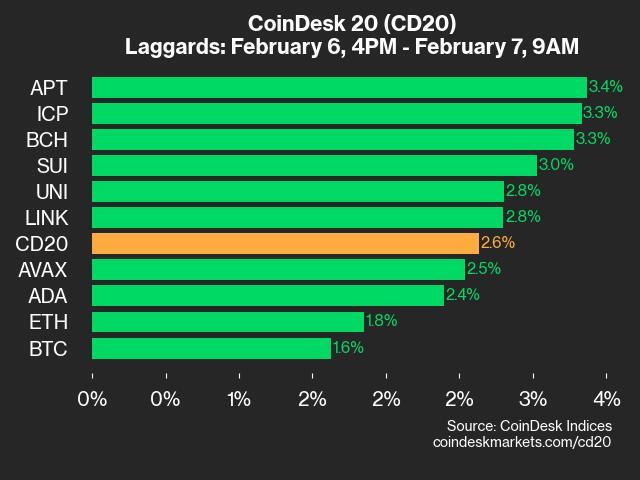The Impact of European Central Bank’s Stance on Bitcoin Reserves
Current News
The European Central Bank (ECB) may reconsider its relationship with any European national bank that adds Bitcoin to its reserves, according to ECB board member Piero Cipollone. In a recent statement in February, Cipollone expressed concerns about the increasing adoption of Bitcoin by traditional financial institutions.
Implications of ECB’s Stance
This move by the ECB highlights the growing divide between traditional financial systems and the emerging cryptocurrency market. While Bitcoin has gained mainstream acceptance in recent years, central banks like the ECB remain skeptical about its long-term sustainability and impact on the financial stability of the Eurozone.
By threatening to reconsider its relationship with banks that hold Bitcoin reserves, the ECB is sending a clear message about its stance on the cryptocurrency. This could potentially discourage other banks from following suit and investing in Bitcoin, in fear of facing similar consequences from the ECB.
Impact on Individuals
For individuals holding Bitcoin or looking to invest in the cryptocurrency, the ECB’s stance could have mixed implications. On one hand, a crackdown on Bitcoin reserves by European national banks could lead to increased market volatility and potential price fluctuations. On the other hand, it could also reinforce the narrative of Bitcoin as a decentralized and independent asset, separate from traditional banking systems.
Global Ramifications
The ECB’s stance on Bitcoin reserves could also reverberate globally, influencing the regulatory approach of other central banks towards cryptocurrencies. If the ECB follows through with its warning and imposes restrictions on banks holding Bitcoin, other central banks may take a similar stance, leading to a more stringent regulatory environment for cryptocurrencies worldwide.
Conclusion
Ultimately, the ECB’s stance on Bitcoin reserves reflects the ongoing debate surrounding the role of cryptocurrencies in the traditional financial system. While it may introduce a level of uncertainty and potential challenges for both banks and individual investors, it also underscores the growing significance of Bitcoin as a disruptive force in the global economy.





